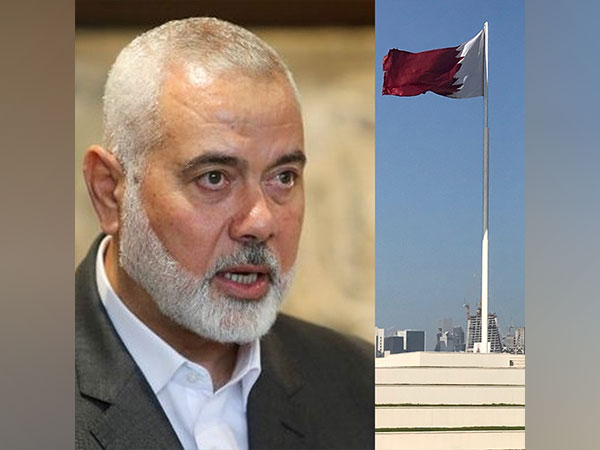Tensions Escalate in Middle East Amid Fresh Military Deployments
The U.S. is deploying additional military resources to the Middle East to de-escalate regional tensions. This follows the assassination of Ismail Haniyeh, Hamas leader, in Tehran, and mounting fears of a wider conflict. Efforts are ongoing to prevent further escalation, with diplomatic engagements continuing.

The U.S. has bolstered its military presence in the Middle East in a bid to defuse escalating regional tensions. This move follows the assassination of Ismail Haniyeh, Hamas leader, in Tehran, which occurred a day after Israel's strike in Beirut killed Hezbollah commander Fuad Shukr.
Concerns are growing that Israel's conflict with Palestinian militants in Gaza could extend into a broader Middle East war. Both Hamas and Hezbollah, supported by Iran, have sworn retribution for Haniyeh's death. While Israel has not confirmed or denied involvement, the U.S. has readied additional fighter jets and Navy warships for potential scenarios.
The U.S. aims to lower tensions and deter attacks, said Jonathan Finer, the White House's deputy national security adviser, on CBS' 'Face the Nation'. The Pentagon's additional deployments are part of prudent planning to avoid regional conflict. Meanwhile, diplomatic efforts involving the U.S., France, Britain, Italy, Egypt, and Jordan are ongoing to prevent further escalation.
(With inputs from agencies.)










